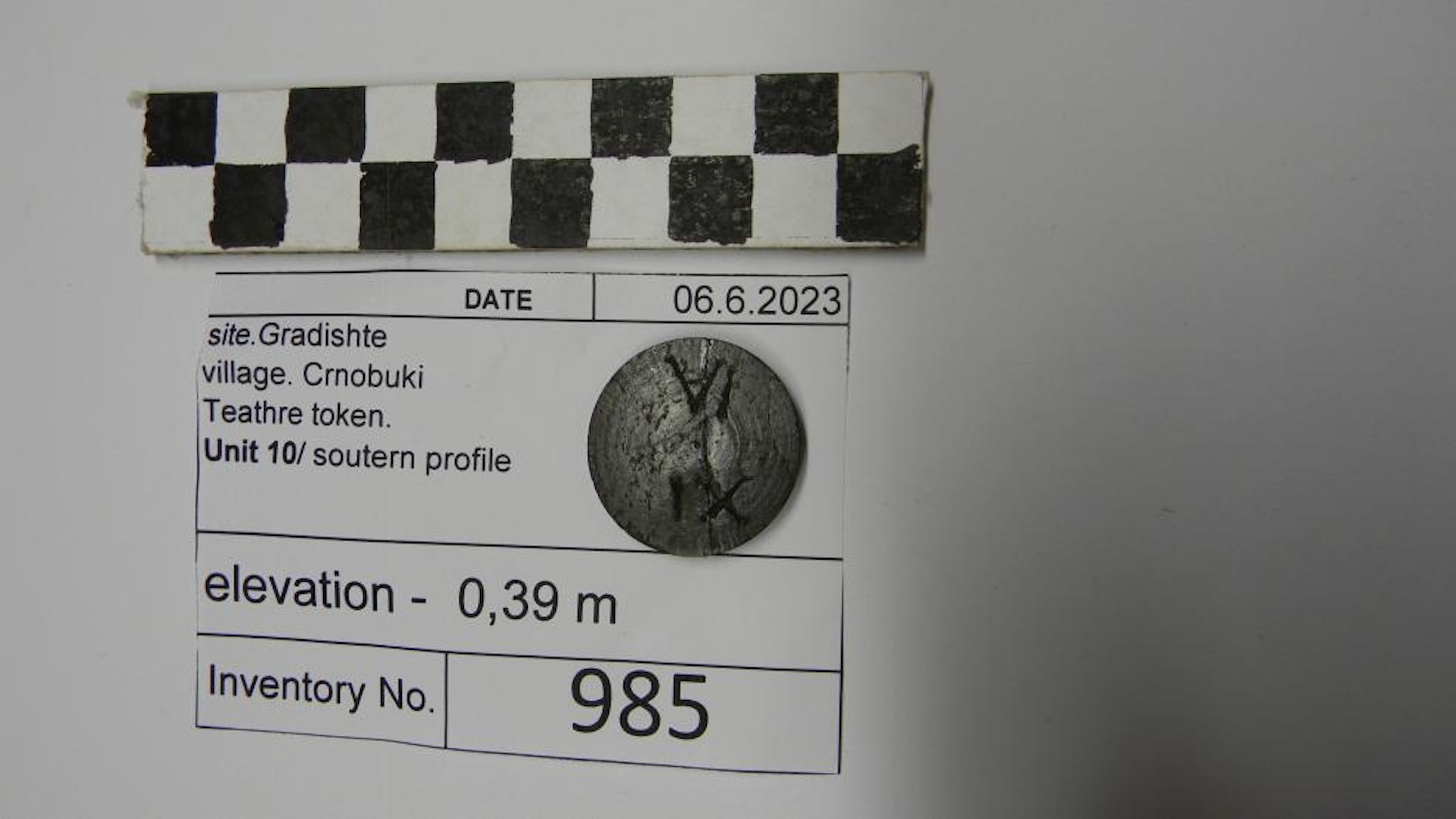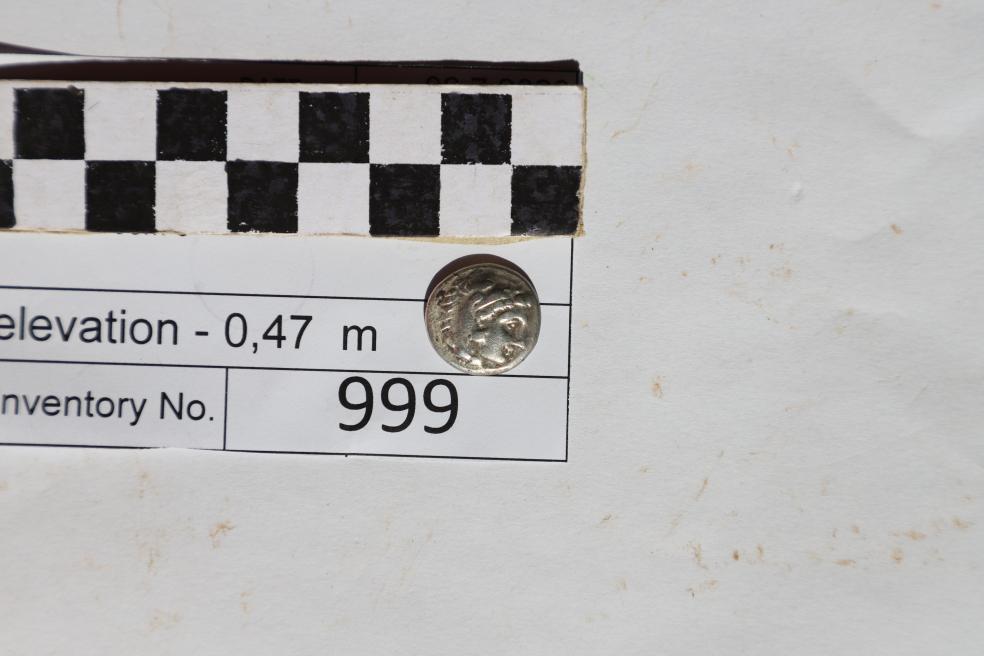Archaeologists working in North Macedonia may have discovered the remains of Lyncus, an ancient city that was the capital of the Kingdom of Lyncestis.
More analysis is needed to support the finding but, if confirmed, the discovery could reveal the location of the place where Alexander the Great‘s paternal grandmother was born.
Lyncestis was a small kingdom that flourished in North Macedonia, which was incorporated into the Macedonian Empire during the reign of King Philip II (359 to 336 B.C.). Eurydice I of Macedon, the mother of Philip II and grandmother of Alexander (who reigned from 336 to 323 B.C.), was likely born in Lyncus, according to historical accounts.
Archaeologists have known about the site, located near the village of Crnobuki, since 1966, and it was initially believed to be a military outpost rather than a city, according to a statement from California State Polytechnic University, Humboldt (Cal Poly Humboldt).
It wasn’t until 2023 that a team of researchers conducted a lidar (light detection and ranging) survey, using aerial drones equipped with lasers to create a map of the site’s topography. This technique can penetrate foliage covering an archaeological site and has been widely used throughout the world.
The survey revealed that the city had an acropolis that’s at least 7 acres (2.8 hectares) in size. Besides the remains of a textile workshop and what appears to be a theater, the archaeologists also found a variety of artifacts, including pottery, coins, game pieces and even a theater ticket made of clay.
Until now, researchers thought that the city was built long after Alexander the Great’s death, during the reign of Philip V (221 to 179 B.C.). But the discovery of a coin minted between 325 and 323 B.C. indicates that it was in use during Alexander’s lifetime, according to the statement.
Moreover, the team of archaeologists unearthed axes and fragments of ceramic vessels at the site, which shows that this site has been occupied by humans as far back as the Bronze Age (3300 to 1200 B.C.). They plan to continue excavation.
The site’s discovery may shed more light on an influential kingdom. Engin Nasuh, a curator at Macedonia’s National Institute and Bitola Museum and one of the lead archaeologists, said in the statement that ancient Macedonia was “a civilization that played a major role in today’s understanding of the world and the desire to connect different civilizations and cultures.”
Editor’s note: This story was first published on April 11, 2025.
Alexander the Great quiz: How well do you know the famous king and conqueror from the ancient world?


